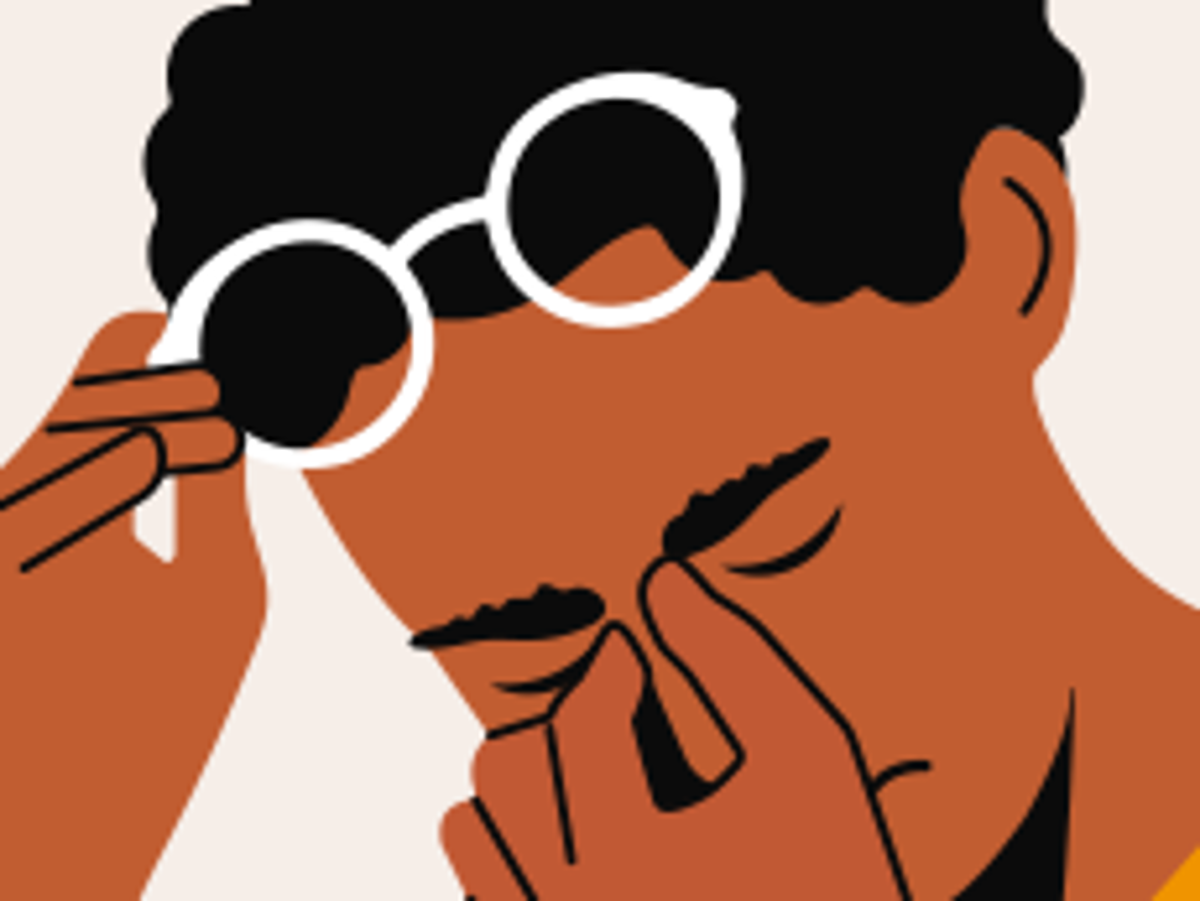Seeing Is Believing
This case comes from Emory Associate Professor of Medicine and Distinguished Physician Ketino Kobaidze and Emory Assistant Professor of Medicine and Distinguished Physician Noble Maleque.

Repeat serology for NMO was negative. Vitamin A level was within normal limits. Magnetic Resonance Imaging (MRI) of the brain and orbits revealed a new enhancement of bilateral nerve sheaths. Patient was admitted to Emory University Hospital Midtown for further evaluation, including a lumbar puncture and high-dose steroids. He confirmed observing a vegetarian diet without any tobacco or alcohol use. His vital signs were normal, and a physical examination revealed no abnormalities. A stool specimen for ova and parasites, however, showed an intestinal protozoa (Blastocystis hominis).
Reader, what is your diagnosis?
The patient was found to have nutritional optic neuropathy, a dysfunction of the optic nerve resulting from a deficiency of specific nutrients. In this case, the patient’s multivitamin deficiency was due to poor gastrointestinal absorption from intestinal parasitic disease. Steroid treatment was stopped, and vitamin B12 and B9 (folic acid) replacement was initiated along with a course of metronidazole to treat Blastocystis hominis infection. Eight months later, the patient’s vision had improved to the point where he elected to stop taking the supplements





